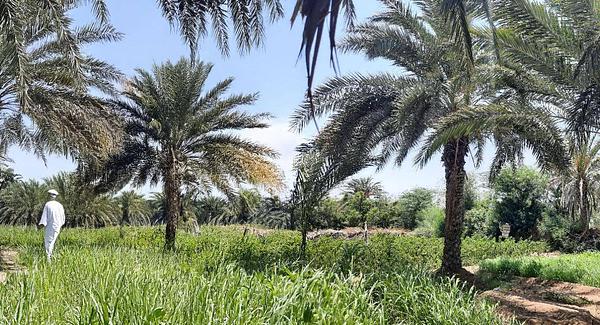Séminaire TIMC "Darwin theory visited by long-term evolution experiments using bacteria and digital organisms"
Pour cette troisième édition du Séminaire TIMC « Translation et Innovation en Médecine et Complexité », nous aurons l'honneur de recevoir Richard Lenski, professeur à la Michigan State University, fondateur de la plus longue expérience d'évolution en cours dans le monde, le projet LTEE d’Évolution Expérimentale à Long Terme de la bactérie Escherichia coli, ainsi que Guillaume Beslon, professeur en sciences informatiques au laboratoire LIRIS & INSA-Lyon, spécialiste en biologie computationnelle, vie artificielle et évolution expérimentale in silico.
Tous deux sont invités pour une conférence exceptionnelle par le Pr Dominique Schneider enseignant chercheur de l'équipe TIMC-GEM qui collabore depuis plus de 20 ans avec Richard Lenski sur l'expérience LTEE, notamment via EvoAct, "Evolution en action avec des organismes vivants et artificiels", le Laboratoire International Associé (LIA) du CNRS créé depuis 2015.
>>> A lire, notre article sur l'expérience LTEE et le Laboratoire International Associé du CNRS
- Date : Lundi 18 novembre 2019 à 14h
-
Lieu : Amphi Supérieur Sud, bât Jean Roget, Faculté de Médedine et Pharmacie, La Tronche.
 Programme détaillé du séminaire
Programme détaillé du séminaire
Les deux conférenciers s'exprimeront sur les thèmes suivants :
-------
Richard Lenski
"Dynamics of Phenotypic and Genomic Change in a Long-Term Evolution Experiment with E. coli"
Abstract: Evolution is an on-going process, one that can be studied experimentally in organisms with rapid generations. We have watched 12 populations of Escherichia coli evolve in a simple environment for over 30 years and 70,000 generations. The aims of this experiment are to characterize the tempo and mode of evolution, and to examine the repeatability of the phenotypic and genomic changes. With students and collaborators, we have quantified the dynamics of adaptation by natural selection, documented many cases of parallel evolution, observed changes in the underlying mutation rate, and seen the appearance of a new metabolic function that transcends the usual definition of E. coli as a species. We have sequenced hundreds of complete genomes to find the mutations in time-series of samples from the populations. These genomic data provide insights into the dynamic coupling of phenotypic and genotypic evolution during periods of optimization and innovation.
-------
Guillaume Beslon
"In silico experimental evolution, a modelling insight into the complexity of biological systems"
Abstract: The evolutionary origin of the complexity of biological systems is an issue that has been intriguing the scientific community for decades. Two main hypotheses have been proposed to explain the apparent trend toward complexity increase. According to the first one, the complexity of biological systems is due to selective factors (the more complex organisms having a higher fitness). According to the second one, the mutational process is the sole responsible (complexity being mechanically due to the accumulation of mutations). The debate is difficult to resolve because it is essentially based on thought experiments and no simple assay makes it possible to address this issue. In such a context, the modeling appears as a middle way: more rigorous than a thought experiment, it makes it possible to carry out ``impossible experiments'' by testing parameters settings (or situations) that would be intractable in practice. In the context of Darwinian evolution, we have developed the Aevol model with the objective of performing virtual experiments to isolate the evolutionary mechanisms impacting the molecular structure of biological systems. Using Aevol, we are able to evolve virtual organisms into different environments, some favouring simple organisms, some favouring complex organisms. Our results show that complexity increases in both situations but also that this increase is not due to the sole mutational process. These results open the way to a third explanation: the existence of a “complexity ratchet” rooted in the historical nature of the evolutionary process.
De 14:00 à 16:30



